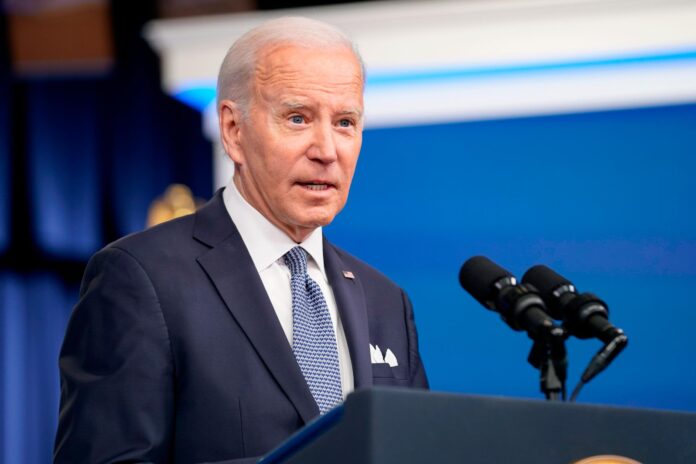The Global War on Terror was not mentioned in President Biden’s second State of the Union address, which was an upbeat and motivating vision for America’s future. Several foreign policy experts and observers are concerned about this omission because they believe this war should be covered in any serious examination of US relations with other nations.
While the address covered a wide range of themes, Matt Duss, a foreign policy expert and former assistant to Bernie Sanders, observed that the US involvement in international crises was conspicuously lacking. “Thousands of US troops are still deployed worldwide in this mission,” he said. His remarks highlight the fact that, despite President Biden’s efforts to bring many troops home from Afghanistan and Iraq, the American military is still stationed in large numbers throughout the Middle East and Africa.
Mr. Duss also expressed alarm about Washington’s strident anti-China stance, which he said could result in political unification based on external threats, a poor precedent. Although there is some justification for resisting China, it should not be done to the point where it furthers internal or external societal divisions. Given our country’s present political atmosphere, it appears that President Biden chose not to bring up this topic because of its contentious nature and his desire for bipartisanship.
In the end, the global war on terror has been waged by numerous governments for decades and continues to have a significant impact on millions of citizens both inside these nations and overseas. It is troubling that this matter was not brought up during President Biden’s State of the Union address since it calls into question whether or not his administration is prepared to face such a crucial subject head-on. Before we can truly move on towards a brighter future for ourselves and our descendants, as citizens, we must exert pressure upon our officials to guarantee that all geopolitical issues are adequately addressed.



